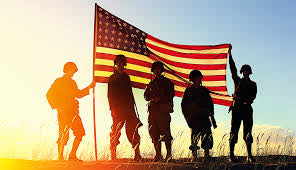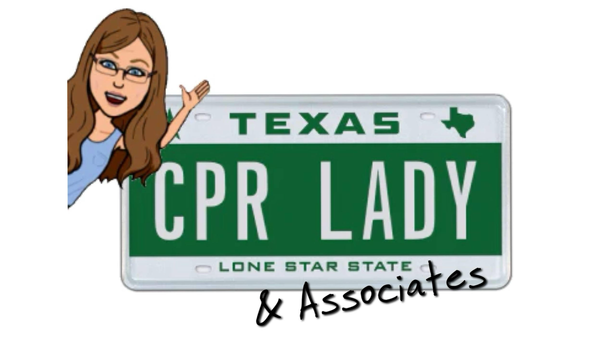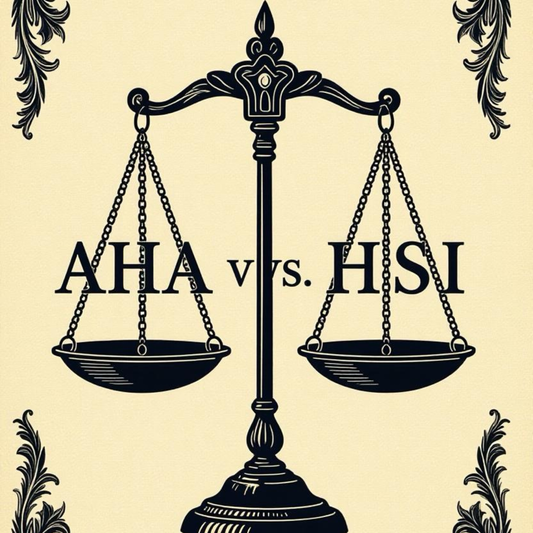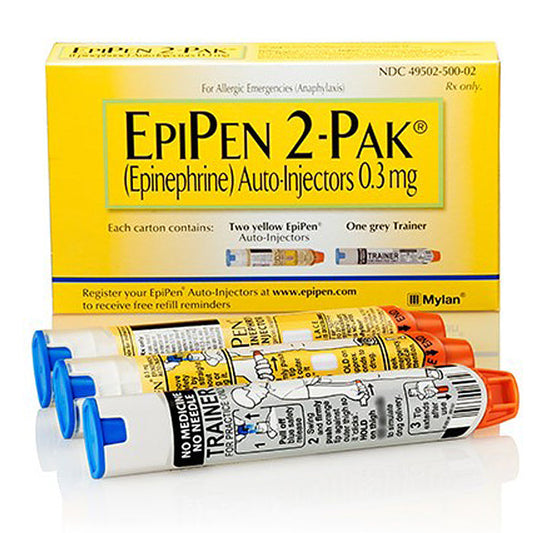
Helping Veterans with PTSD
William BeauregardShare
As a society, we owe a great debt to our veterans who have bravely served our country. Unfortunately, many of these heroes return from their service with invisible wounds that can be just as debilitating as physical injuries. Post-traumatic stress disorder, or PTSD, is a common condition that affects many veterans, and it can have a profound impact on their lives. In this blog post, we will explore ways to help veterans who struggle with PTSD.
Understand PTSD
PTSD is a mental health condition that can occur after someone experiences or witnesses a traumatic event. For veterans, this trauma often comes in the form of combat, but it can also result from other experiences, such as sexual assault or accidents. PTSD can manifest in a number of ways, including flashbacks, nightmares, avoidance of certain situations, and hyperarousal. It's important to understand that PTSD is a real condition and not a weakness or a character flaw.
Encourage Treatment
One of the most important things you can do to help a veteran with PTSD is to encourage them to seek treatment. There are many effective treatments available, including therapy, medication, and alternative therapies like yoga and meditation. However, many veterans may be reluctant to seek help because of the stigma surrounding mental health issues. Encouraging them to seek treatment and offering support can make a big difference.
Provide Support
Support is crucial for veterans with PTSD. You can offer support in many ways, such as:
- Listening: Sometimes, all a veteran with PTSD needs is someone to listen to them. Let them share their experiences and feelings without judgment or interruption.
- Being patient: Recovery from PTSD is a process, and it can take time. Be patient and understanding, and don't push the veteran to move faster than they're comfortable with.
- Helping with practical tasks: PTSD can make it difficult for veterans to complete everyday tasks. Offer to help with things like grocery shopping, cooking, or running errands.
- Being a positive influence: Being around positive, supportive people can make a big difference for someone with PTSD. Be that person for the veteran in your life.
Educate Others
PTSD is a complex condition, and many people may not understand it. By educating others about PTSD, you can help reduce the stigma surrounding mental health issues and create a more supportive environment for veterans. Share information with family members, friends, and coworkers, and encourage them to be understanding and compassionate.
Conclusion
Helping veterans with PTSD is a noble cause that requires patience, compassion, and understanding. By educating yourself about PTSD, encouraging treatment, providing support, and educating others, you can make a big difference in the lives of the veterans in your community. Remember, PTSD is a real condition that requires real support, and every little bit helps.



